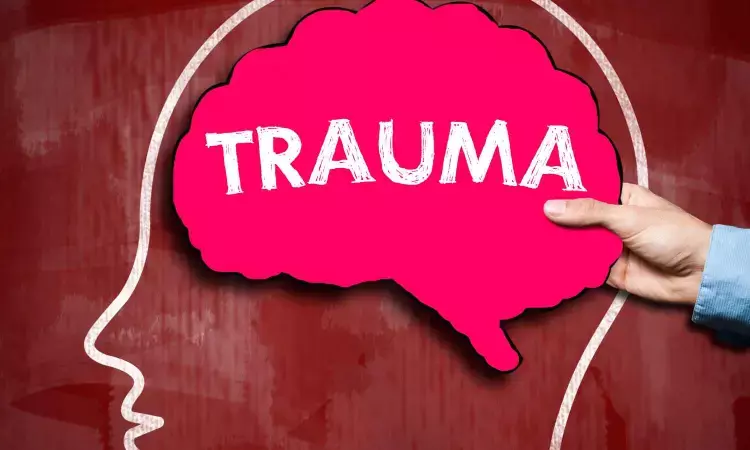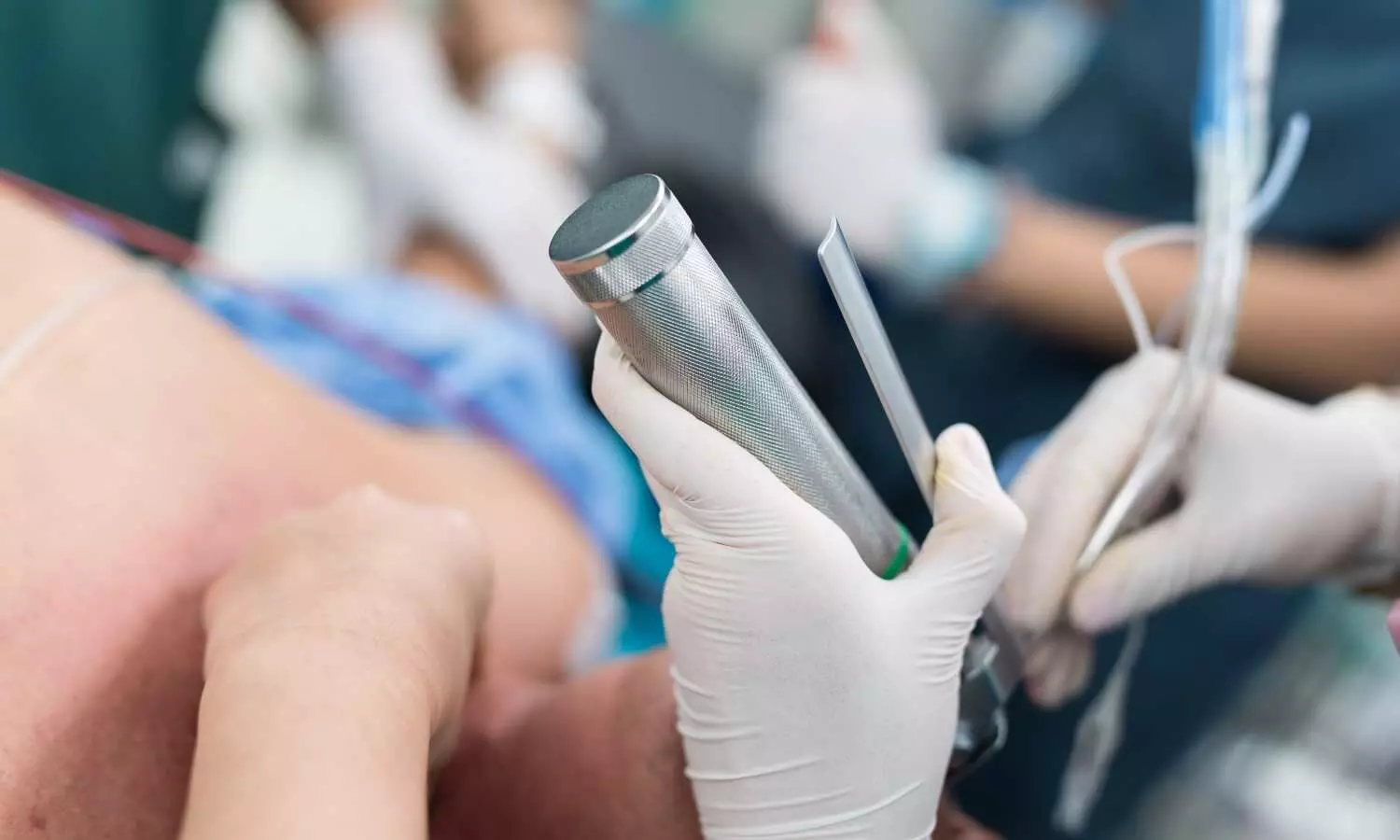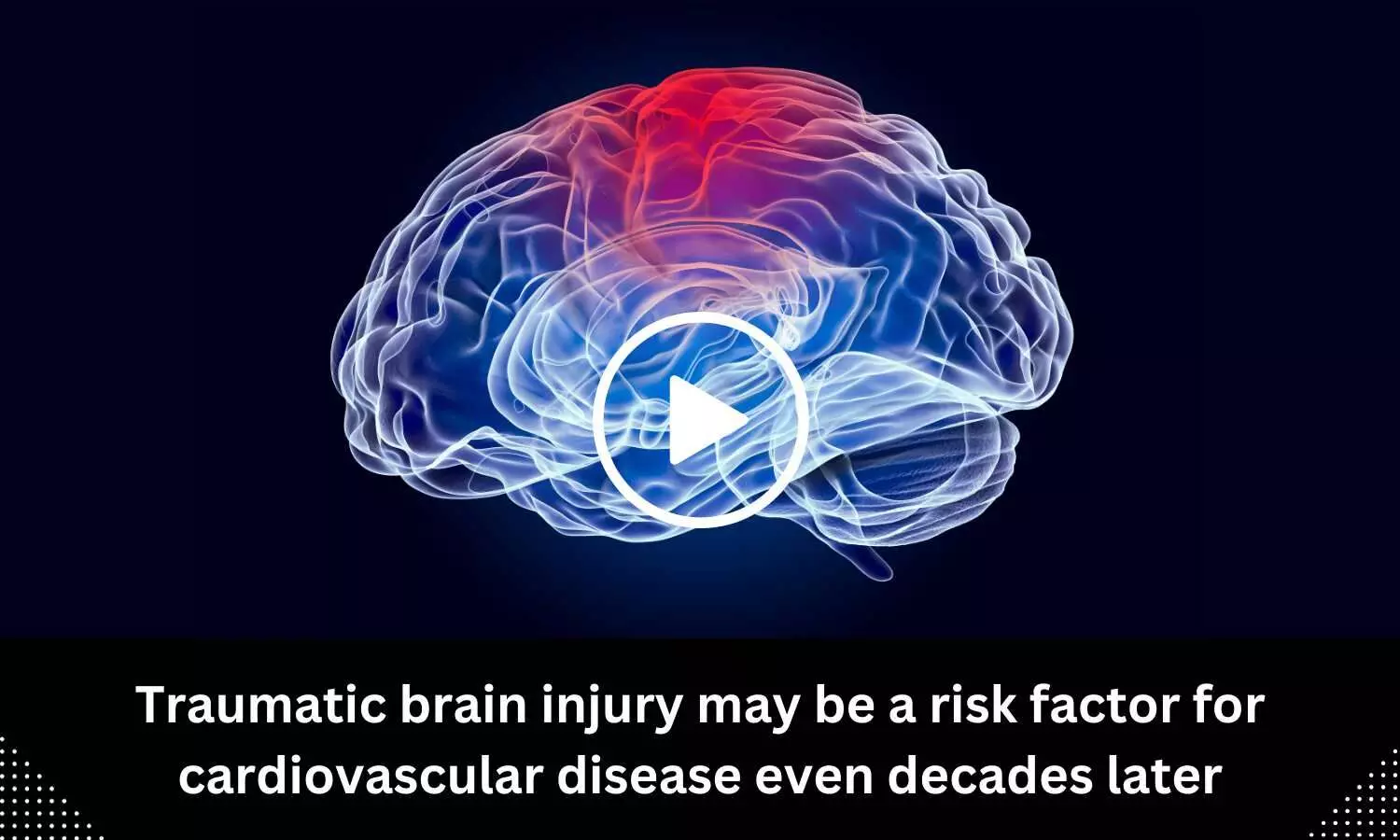- Home
- Medical news & Guidelines
- Anesthesiology
- Cardiology and CTVS
- Critical Care
- Dentistry
- Dermatology
- Diabetes and Endocrinology
- ENT
- Gastroenterology
- Medicine
- Nephrology
- Neurology
- Obstretics-Gynaecology
- Oncology
- Ophthalmology
- Orthopaedics
- Pediatrics-Neonatology
- Psychiatry
- Pulmonology
- Radiology
- Surgery
- Urology
- Laboratory Medicine
- Diet
- Nursing
- Paramedical
- Physiotherapy
- Health news
- Fact Check
- Bone Health Fact Check
- Brain Health Fact Check
- Cancer Related Fact Check
- Child Care Fact Check
- Dental and oral health fact check
- Diabetes and metabolic health fact check
- Diet and Nutrition Fact Check
- Eye and ENT Care Fact Check
- Fitness fact check
- Gut health fact check
- Heart health fact check
- Kidney health fact check
- Medical education fact check
- Men's health fact check
- Respiratory fact check
- Skin and hair care fact check
- Vaccine and Immunization fact check
- Women's health fact check
- AYUSH
- State News
- Andaman and Nicobar Islands
- Andhra Pradesh
- Arunachal Pradesh
- Assam
- Bihar
- Chandigarh
- Chattisgarh
- Dadra and Nagar Haveli
- Daman and Diu
- Delhi
- Goa
- Gujarat
- Haryana
- Himachal Pradesh
- Jammu & Kashmir
- Jharkhand
- Karnataka
- Kerala
- Ladakh
- Lakshadweep
- Madhya Pradesh
- Maharashtra
- Manipur
- Meghalaya
- Mizoram
- Nagaland
- Odisha
- Puducherry
- Punjab
- Rajasthan
- Sikkim
- Tamil Nadu
- Telangana
- Tripura
- Uttar Pradesh
- Uttrakhand
- West Bengal
- Medical Education
- Industry
Early and High-Dose Cryoprecipitate in Trauma: No Significant Improvement in Survival

In a groundbreaking international study, researchers aimed to tackle one of the most pressing challenges in trauma medicine-critical bleeding associated with a high mortality rate. They addressed the potential benefits of administering an early and high dose of cryoprecipitate to trauma patients with active bleeding in addition to standard care and found that it did not significantly improve 28-day survival rates for trauma patients leaving many researchers astonished.
The study results were published in the journal JAMA Network Open.
Trauma can cause severe bleeding, contributing to high mortality rates. Hemorrhage often occurs as a result of a complex coagulation derangement, including acute fibrinogen deficiency. Major hemorrhage protocols guide blood component delivery during resuscitation but may not suffice to raise fibrinogen levels effectively. Cryoprecipitate, a concentrated fibrinogen source, is standard for replacement. A significant question in trauma resuscitation is when and how to administer fibrinogen treatment. This study investigated the impact of early, high-dose fibrinogen treatment on the survival of trauma patients within 28 days of hospitalization, aiming to improve outcomes in critical cases of hemorrhage.
The CRYOSTAT-2 study was an interventional, randomized, open-label, parallel-group controlled, international, multi-center investigation, that enrolled patients from 26 major trauma centers in both the UK and the US between August 2017 and November 2021. Participants in the study were adults who had suffered injuries severe enough to necessitate activation of their hospital's major hemorrhage protocol. These patients also exhibited active hemorrhage, with systolic blood pressure dropping below 90 mm Hg at some point, and they received at least one unit of a blood component transfusion. Participants were randomized into two groups: a standard care group that followed the local major hemorrhage protocol (with adherence to clinical guidelines), and a cryoprecipitate group. Patients in the latter group received an additional intervention in the form of three pools of cryoprecipitate, equivalent to 6 grams of fibrinogen, within 90 minutes of randomization and within three hours of their injury. The primary endpoint of the study was the evaluation of all-cause mortality at 28 days within the intention-to-treat population.
Out of 1604 eligible patients, 799 were randomized into the cryoprecipitate group, and 805 were allocated to the standard care group. Ultimately, 1531 patients (95% of the initial cohort) were included in the primary analysis, with a median age of 39 years and a predominance of male participants (79%). The median Injury Severity Score was 29, with 36% of patients suffering penetrating injuries, and 33% having systolic blood pressure drop below 90 mm Hg upon hospital arrival.
Key findings:
- The data showed no statistically significant difference in 28-day mortality rates between the two groups.
- All-cause mortality in the intention-to-treat population was 26.1% in the standard care group and 25.3% in the cryoprecipitate group.
- The odds ratio of 0.96 with a p-value of 0.74 indicates that the administration of cryoprecipitate did not result in a significant improvement in survival rates.
- In addition to assessing survival rates, the study also looked at safety outcomes and the incidence of thrombotic events. These secondary outcomes showed no notable differences between the standard care and cryoprecipitate groups, with both groups exhibiting similar safety profiles.
Thus, the CRYOSTAT-2 study, despite its promising hypothesis, did not yield the expected results. Early and high-dose cryoprecipitate administration, in addition to standard care, did not significantly improve 28-day survival rates for trauma patients. These findings underscore the complexity of managing critical bleeding in trauma cases and the need for further research to identify effective strategies for improving patient outcomes in this high-risk scenario.
Further reading: Davenport R, Curry N, Fox EE, et al. Early and Empirical High-Dose Cryoprecipitate for Hemorrhage After Traumatic Injury: The CRYOSTAT-2 Randomized Clinical Trial. JAMA. Published online October 12, 2023. doi:10.1001/jama.2023.21019
BDS, MDS
Dr.Niharika Harsha B (BDS,MDS) completed her BDS from Govt Dental College, Hyderabad and MDS from Dr.NTR University of health sciences(Now Kaloji Rao University). She has 4 years of private dental practice and worked for 2 years as Consultant Oral Radiologist at a Dental Imaging Centre in Hyderabad. She worked as Research Assistant and scientific writer in the development of Oral Anti cancer screening device with her seniors. She has a deep intriguing wish in writing highly engaging, captivating and informative medical content for a wider audience. She can be contacted at editorial@medicaldialogues.in.
Dr Kamal Kant Kohli-MBBS, DTCD- a chest specialist with more than 30 years of practice and a flair for writing clinical articles, Dr Kamal Kant Kohli joined Medical Dialogues as a Chief Editor of Medical News. Besides writing articles, as an editor, he proofreads and verifies all the medical content published on Medical Dialogues including those coming from journals, studies,medical conferences,guidelines etc. Email: drkohli@medicaldialogues.in. Contact no. 011-43720751




